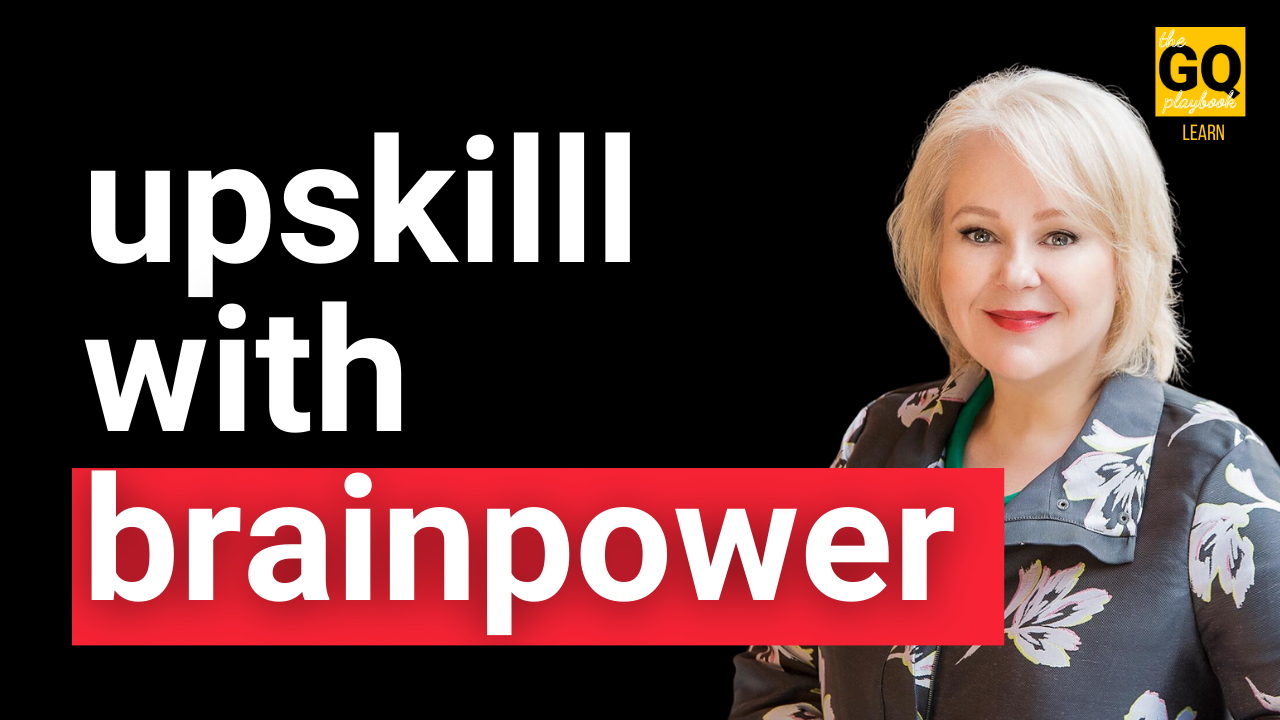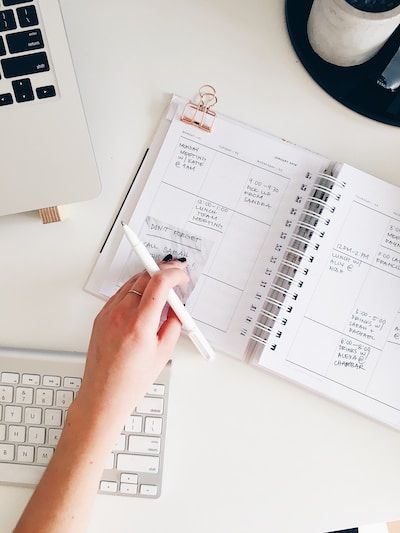When you're reading this, how does your brain know what to do with the information? How does it take in the words on the screen and turn them into thoughts? It's a fascinating process and one that scientists are still trying to understand. Here's a quick overview of how your brain takes in information – and how it’s unique to you.
Learning how your brain works can be incredibly beneficial. It can help you learn more effectively, unlock your Inner Genius, and even improve your overall health. Here are just a few of the benefits of knowing how your brain works:
If you understand how your brain learns, you can learn more effectively. For example, you can tailor your study habits to match the way your brain processes information. Additionally, you can find methods of study that work better for you personally.
Everyone has a genius-level intellect, but not everyone is able to access it. When you learn how your brain works, you can learn how to unlock your Inner Genius. This can help you achieve success in all areas of your life, from your career to your personal relationships.
Your brain is responsible for controlling all aspects of your health, from your mood to your physical well-being. When you understand how your brain works, you can learn how to optimize your health. This can lead to a happier, healthier life.

https://thegeniusquotient.com/inner-genius-profile/
Your brain is made up of billions of neurons, which are interconnected cells that transmit information. When you see, hear, or feel something, your neurons fire off electrical impulses that travel from your sensory organs to your brain. Once the impulses reach your brain, they're processed and turned into thoughts, emotions, and memories.
This processing happens in different areas of your brain. For example, when you see a color, the information is first sent to the thalamus, which acts as a way station for incoming information. From there, it's sent to the primary visual cortex, where the color is processed and interpreted.
Different types of information are processed in different ways. For example, when you hear a sound, the information travels from your ear to the auditory cortex, where it's turned into a sound that you can understand. The same is true for smells, tastes, and touches. All of this happens in a fraction of a second—so quickly that you're not even aware of it!
We live in a world where we are constantly learning new things. Whether it's learning how to use a new software program at work or taking a cooking class on the weekends, we are constantly adding to our skill set. But have you ever stopped to think about how you learn best?
Everyone has their own unique learning preference and understanding your learning preference can help you learn new information more effectively. So how can you show up in the world with a growth mindset, ready to learn?
If you're starting from scratch, it's important to first learn the basics of whatever it is you want to learn. This may seem obvious, but it's often overlooked. Make sure you have a solid foundation before moving on to more difficult concepts.
There are a variety of ways to learn, and what works for one person may not work for another. Some people learn best by listening to audio recordings, others by reading texts, and others by doing hands-on activities. Find a learning method that works best for you and stick with it.
Repetition is key when learning something new. The more you expose yourself to the material, the more likely you are to remember it. So, find a way to review the material on a regular basis, whether it's through flashcards, practice problems, or simply re-reading your notes.
When you're trying to learn something new, it's helpful to organize your thoughts in a way that makes sense to you. This could mean creating a mind map, outlining the main points, or taking notes in a specific format. Find a way to organize the material that works for you and stick with it.
Trying to learn everything at once is overwhelming and will likely lead to frustration. Instead, break your goals down into smaller, more manageable pieces. Set a goal for each day or each week, and focus on accomplishing that goal rather than thinking about the entire task at hand.
It's important to take breaks when you're studying or working on a project. After all, even though you're trying to focus on one thing, your brain can only handle so much at once. So take 5-10 minute breaks every hour or so to give your brain a chance to rest and recharge.

https://www.academy.thegeniusquotient.com/course/gqprofile
If you're like most people, you probably think that learning is something that happens passively-that you can just sit back and let the information come to you. Unfortunately, that's not really how it works. In order to learn effectively, you have to actively engage your brain in the process.
Think of it this way: your brain is like a muscle. The more you use it, the stronger it gets. And just like any other muscle in your body, if you don't use it, it will eventually atrophy.
Most people have moments of genius-level thinking and creativity. But what if you could learn to access that part of your brain more often? Here are some tips to help you get into your Genius Zone.
First, it's important to understand that we all have different levels of intelligence and creativity. Some people are naturally more gifted than others. But that doesn't mean you can't learn to be more creative and intelligent.
One way to boost your brainpower is to learn as much as you can. The more you know, the easier it is to make connections and come up with new ideas. So read voraciously, take classes, and learn all you can about the world around you.
Another way to
get into your Genius Zone is to take on new challenges. When you push yourself outside of your comfort zone, you're more likely to have breakthrough ideas. So don't be afraid to try new things and
take risks.
Finally, it's important to give yourself time to relax and daydream. When you're not focused on a specific task, your mind is free to wander and make connections that you may not have made otherwise. So take some time each day to just relax and let your mind wander.
By following these tips, you can learn to access your Genius Zone thinking more often. And who knows? You may just come up with the next big idea.







